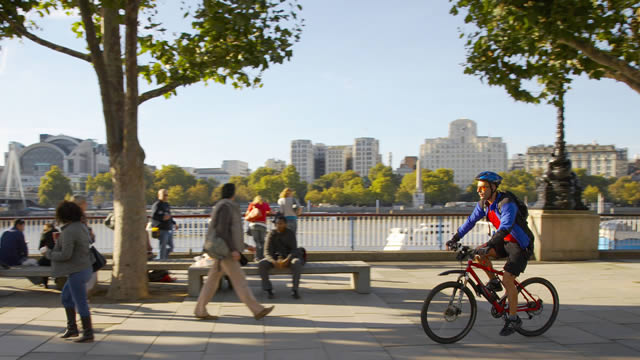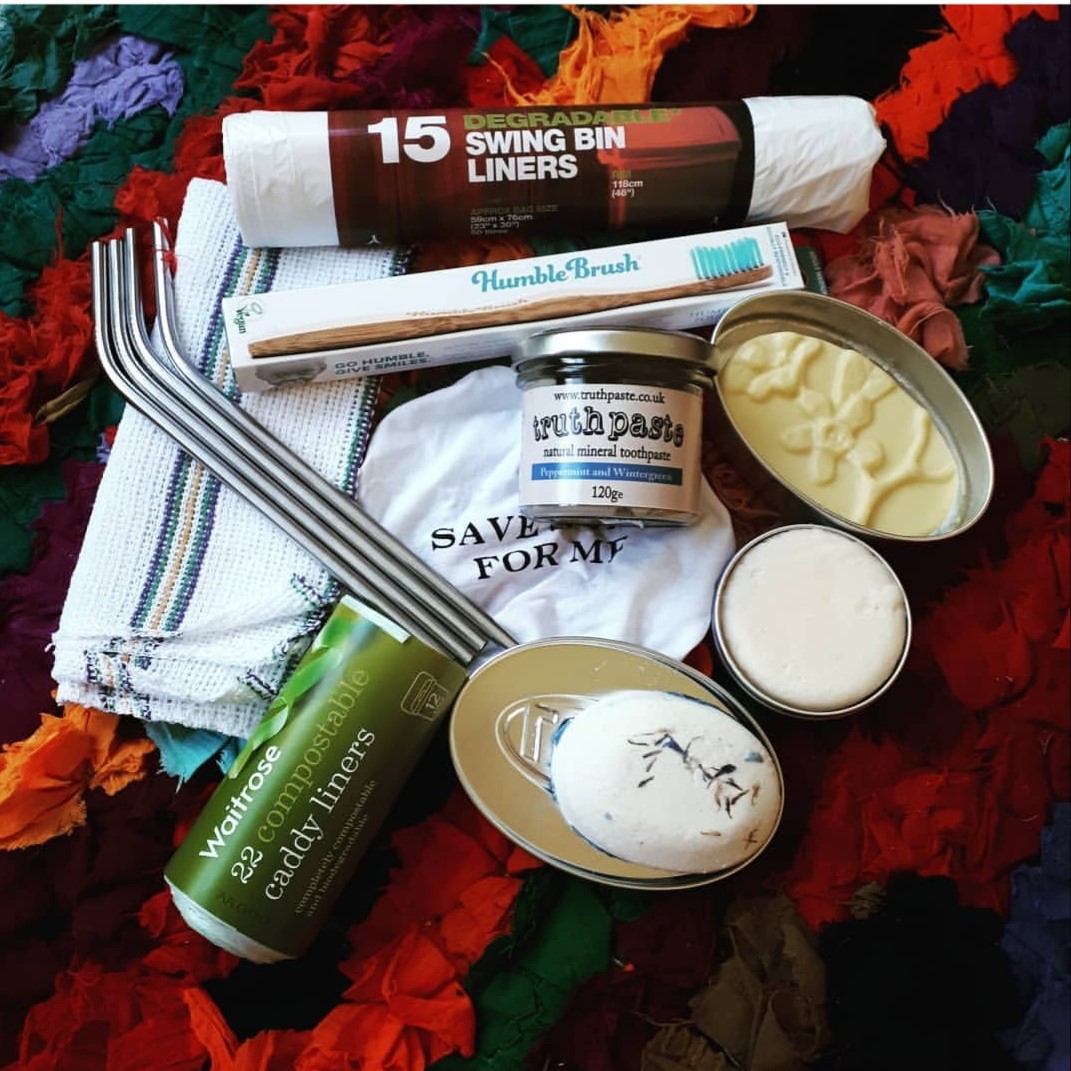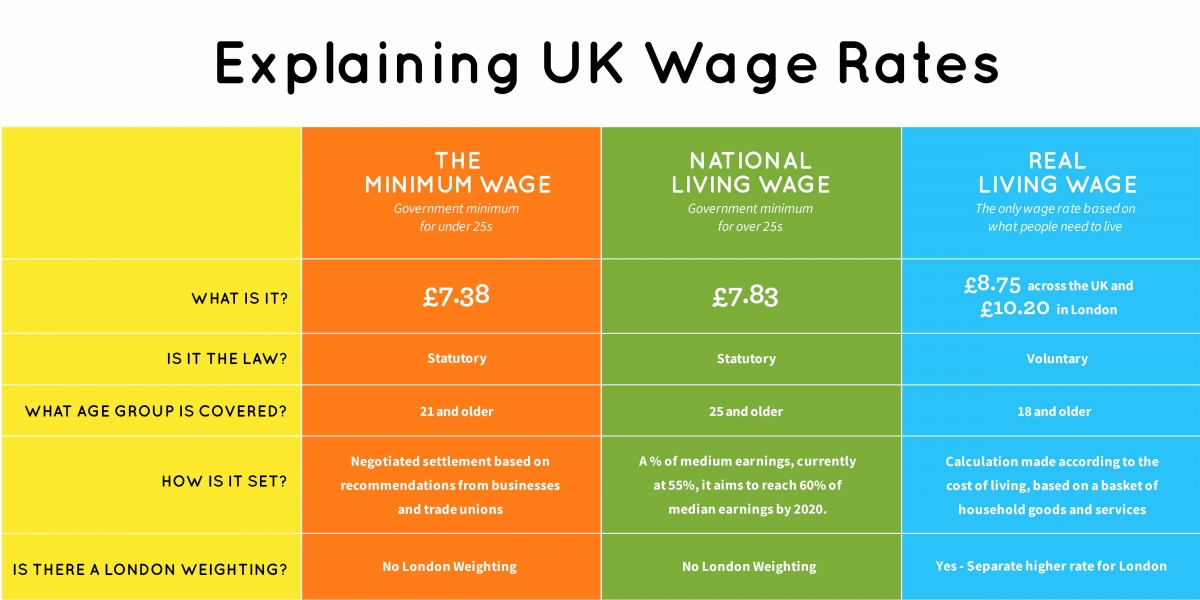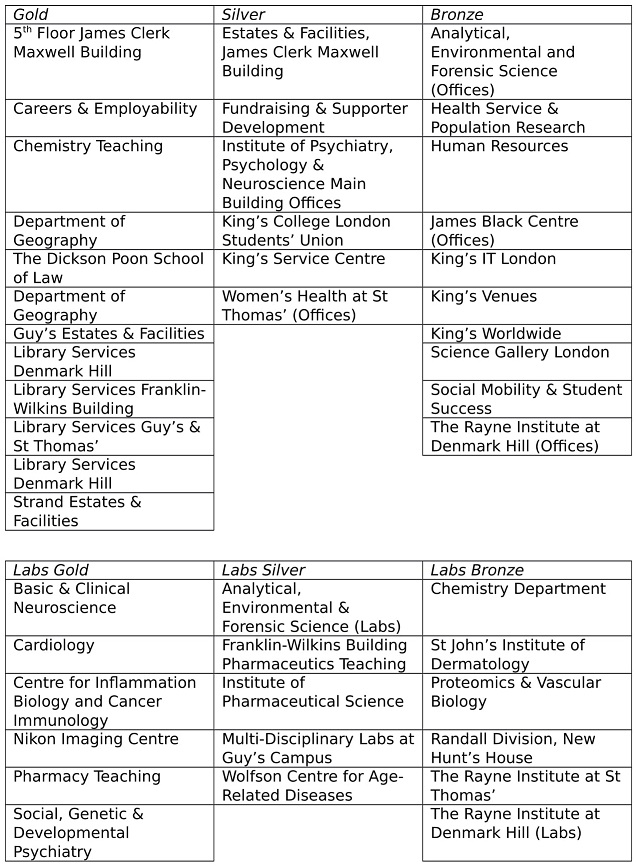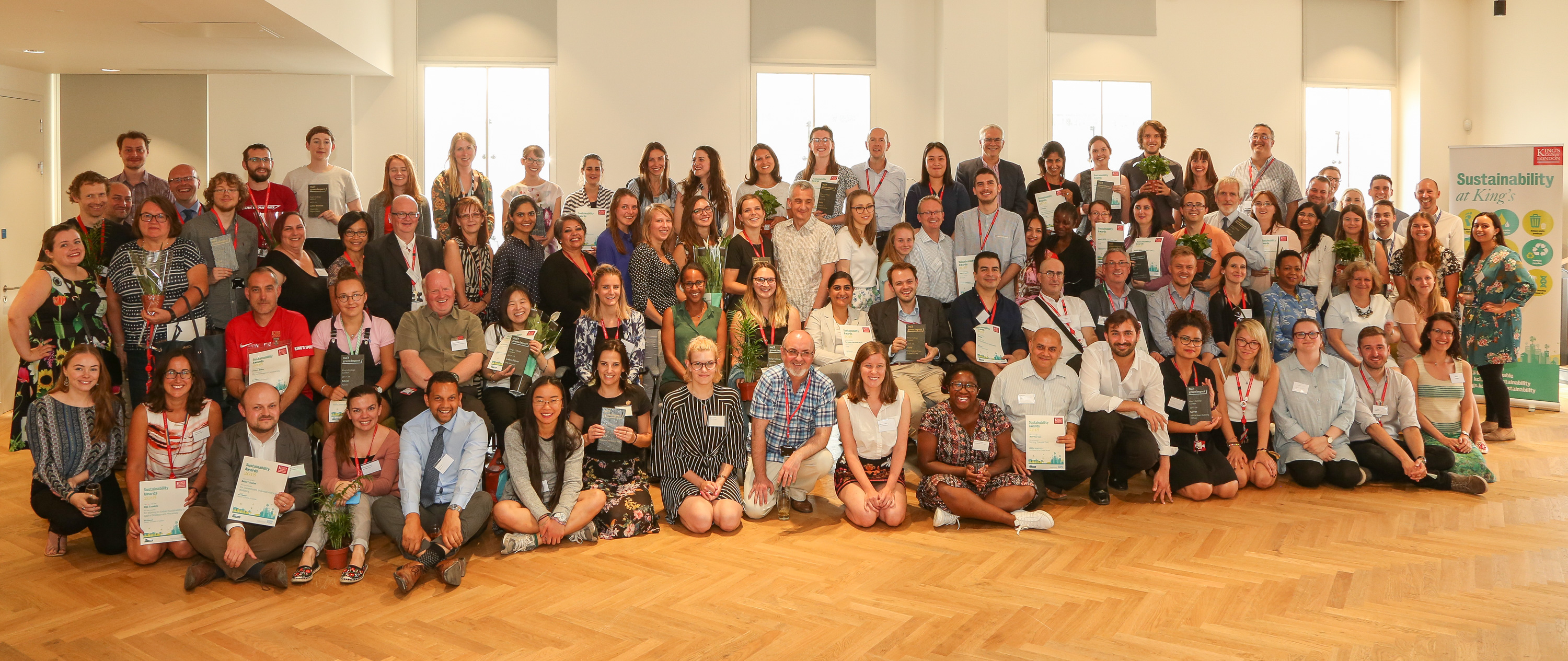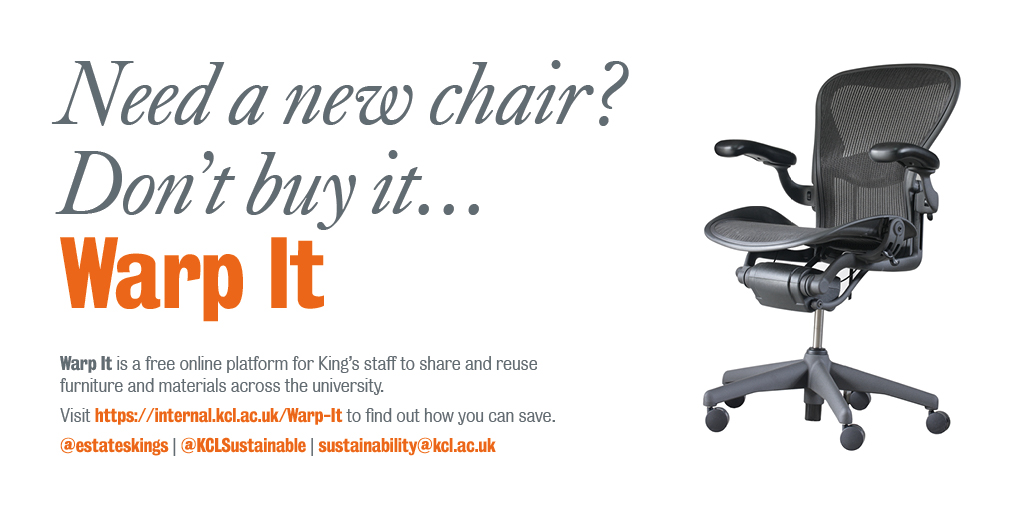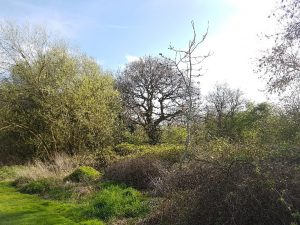This week’s guest blog comes courtesy of Ray Hopkinson, Project Coordinator at Hubbub. Hubbub is an environmental charity which works on engaging the public on social and environmental sustainability issues using a fresh approach to communicate with the public. As part of her role, Ray has worked with a number of companies to reduce food waste, for example, on Sainsbury’s ‘Waste Warriors’ initiative.
The views presented do not necessarily reflect those of King’s Sustainability.
6 Tips for a Less Trashy Term Time
September always makes me a bit nostalgic for the start of a new academic year and those heady days of fresher’s week, new mates, and a world of possibilities. Whether you’re heading off to student halls, a shared house or left university some time ago and are dreaming of those good-old days, these tips will help you save money and time and reduce rubbish around the home. Some of you will be keen for your new home to be as green as possible, but might find it a bit hard to get others on board and do it in a way that is fun and basically doesn’t kill the vibe! So if you want to win the war on rubbish, stay popular and have a good time, read on:
- Plan- Think about your meals in advance. Try batch-cooking and use the leftovers for lunch or a quick meal another day. Batch cooking makes it easy to use up any veg, making it less likely to hang around and go mouldy (bringing your own lunch can also save you serious money in the canteen). The good news, is that leftovers taste even better the next day, and you’ll be really surprised how much you can save weekly and put towards your going out budget.
- Communal Cooking- Coordinate meals and shopping with your house mates. Share a fruit and vegetable box or cook a meal for everyone. University can be lonely, but cooking a meal for your housemates or having friends over for dinner can be a great distraction to feeling homesick.
- Skip the Takeaway- Takeaway meals can really eat up your budget and generate lots of single-use waste. Not to worry, we’ve re-created England’s favourite take-away recipes for you to make at home. These are both healthier and significantly cheaper than the late night takeout alternatives.
- Don’t Put Money Down the Drain- Our bathroom regimes are responsible for 30 to 40 per cent of rubbish dumped in to the ground, so try swapping the shower gel for a much cheaper and longer lasting bar of soap, and you might also find that it doesn’t get used up by your housemates, bonus! There are lots of simple ways to make your own face masks, hair masks and even shampoo and it’s a great activity to do with your flat mates to help you relax after a stressful day.
- Its Bulking Season- A simple but effective way to consume less is to buy (non-perishable) items in bulk or buy items that can be refilled. More and more shops are doing this now such as Unpackaged or if you’re looking for refills try Ecover. Here’s an extensive list of bulk stores across the UK.
- Make Do and Mend- Read our top tips for giving your clothes a new lease of life. We all have a favourite pair of jeans that has one too many holes. It’s not (sew) difficult to mend your clothes, and much cheaper than buying new ones. Alternatively, if you’re bored with your wardrobe you can organise a clothes swap party. Most dry cleaners will replace a zip or do alterations but if anything is broken beyond repair make sure to take it to your nearest household recycling centre, where almost everything can be recycled. You could also get inventive and give them a new use, e.g. rags from old t-shirts anyone?
Got some tips of your own? Get in touch using #DontBeTrashy and let us know how you’re getting on.
#DontBeTrashy is a collaboration between Kings’ College London and Hubbub to trial different techniques to encourage students to reduce their household waste and boost recycling rates in residences. Join the conversation on social media using #DontBeTrashy or download our handy Reuse Kit ‘How-to guide’ here for more helpful tips.


